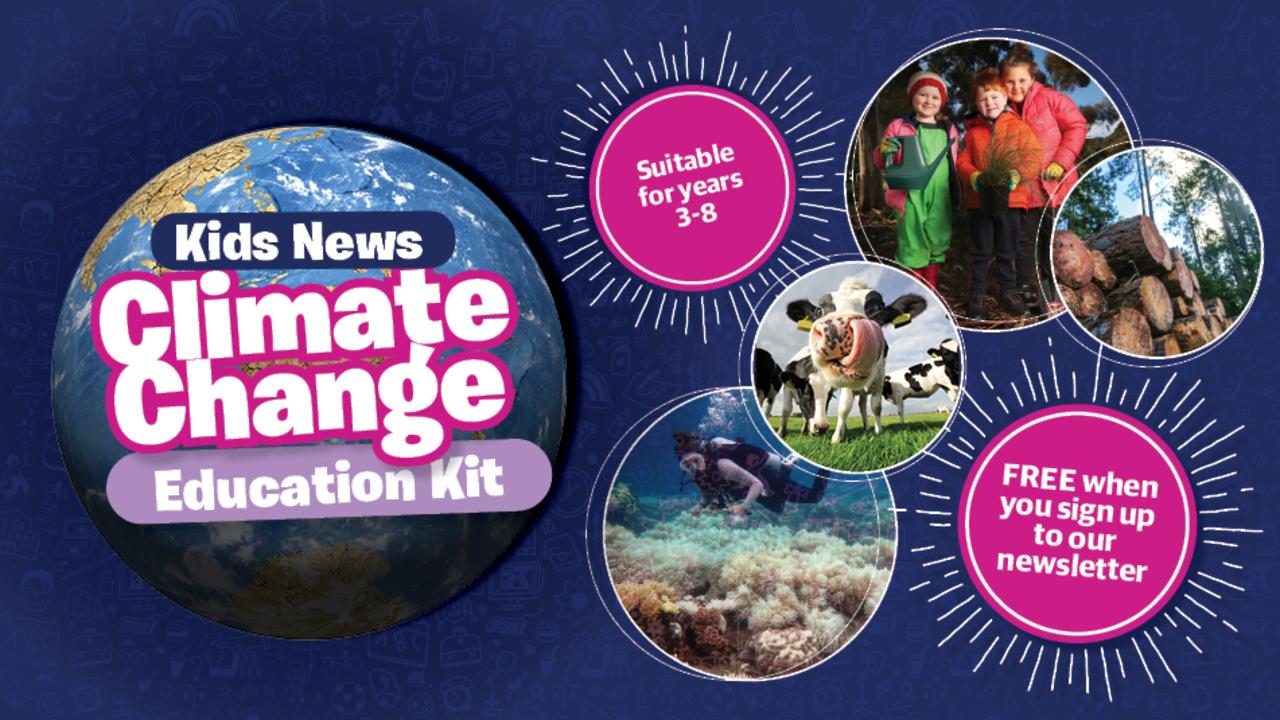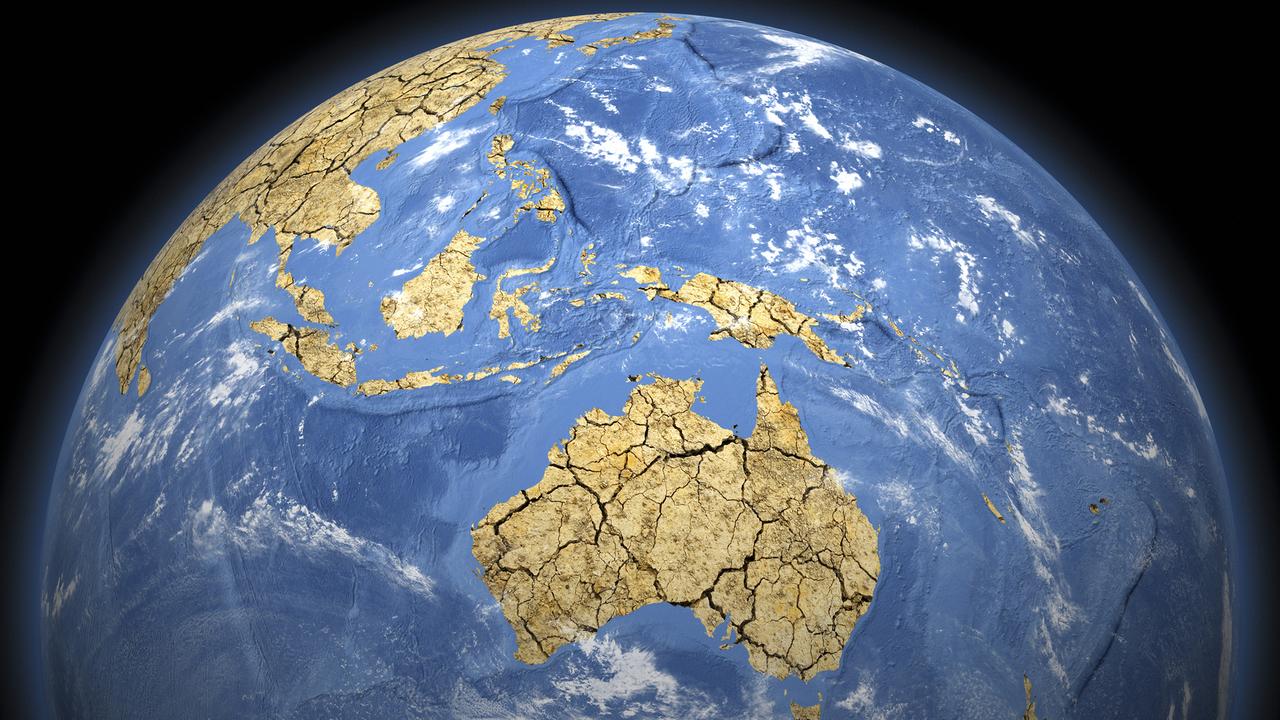Climate change Part 8: How kids can make a difference
PART 8: Young people are making a big difference when it comes to tackling climate change. You can too. Here’s how
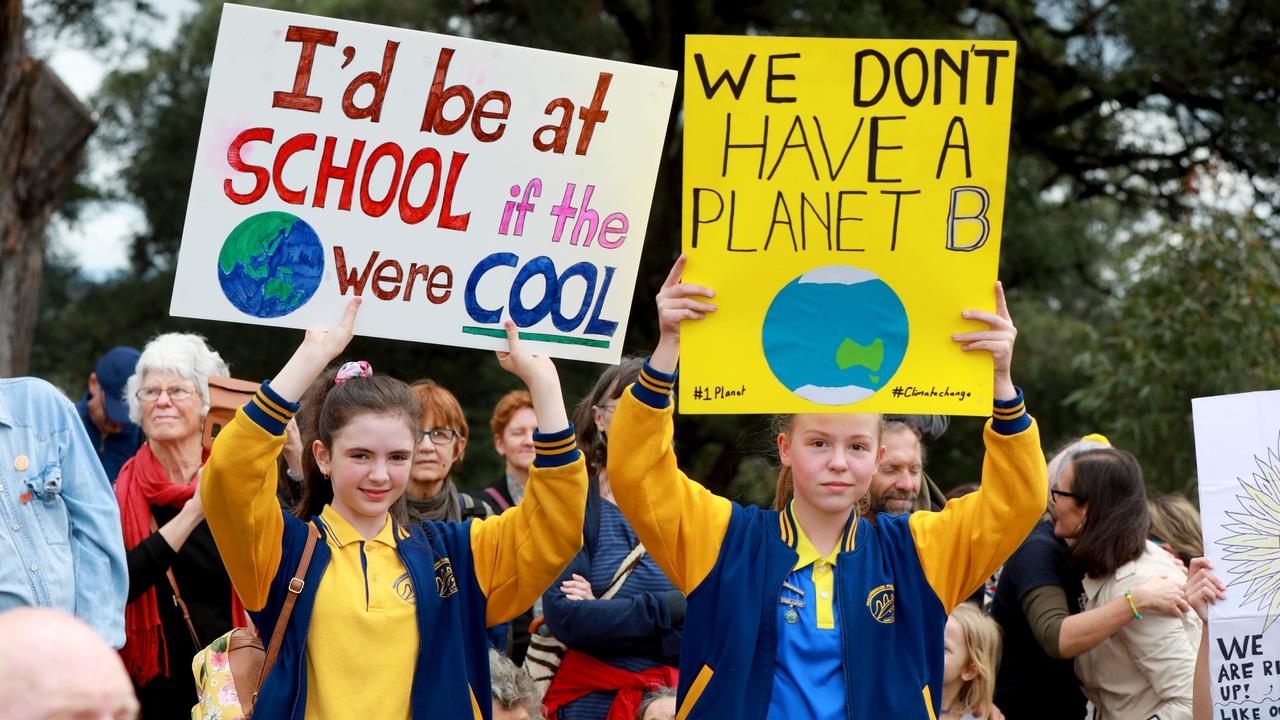
READING LEVEL: GREEN
You might understand that climate change is happening, but perhaps you feel helpless about it – you’re just some random kid, and the issue is so big, scary and complicated, right?
That is a completely natural reaction. But even as a young person, you have more power to make change than you can possibly imagine.
Let’s not forget: the most famous climate activist on the planet is not some middle-aged boffin*. It’s Swedish teenager Greta Thunberg!
Who is Greta Thunberg?
Greta was born in 2003 in the Swedish capital, Stockholm. She first learnt about climate change at the age of eight. When she was 11, she became so severely depressed about it, she temporarily stopped speaking and eating.
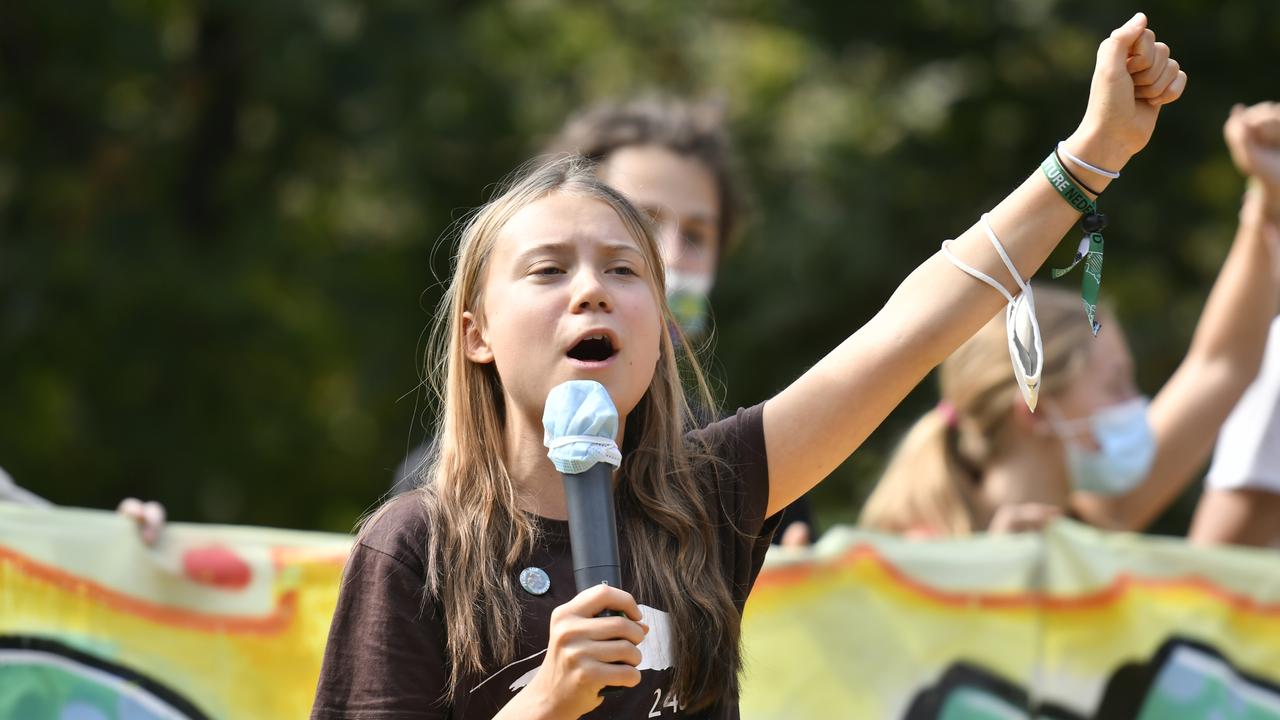
She managed to persuade* her parents to change to a more environmentally friendly lifestyle, such as eating vegan food* and no longer flying in aeroplanes.
Then, in 2018, when she was in Year 9, she held up a sign, all by herself, reading “School strike for climate” outside Sweden’s parliament to raise awareness of climate change.
This act inspired other students to do the same, and school climate strikes started around the world. Millions of people have now attended climate rallies, and outspoken* Greta has become a leading figure in fighting climate change, listened to and supported by masses of people globally.
What’s happening in Australia?
Closer to home, young people are raising awareness about climate change and demanding the federal government takes urgent action.
In recent years, thousands of young Australians have taken part in climate rallies calling on the government to commit to no new gas, coal and oil (fossil fuel*) projects, which release climate-changing greenhouse gases* into the atmosphere.
They want the government to commit to clean, renewable energy instead.
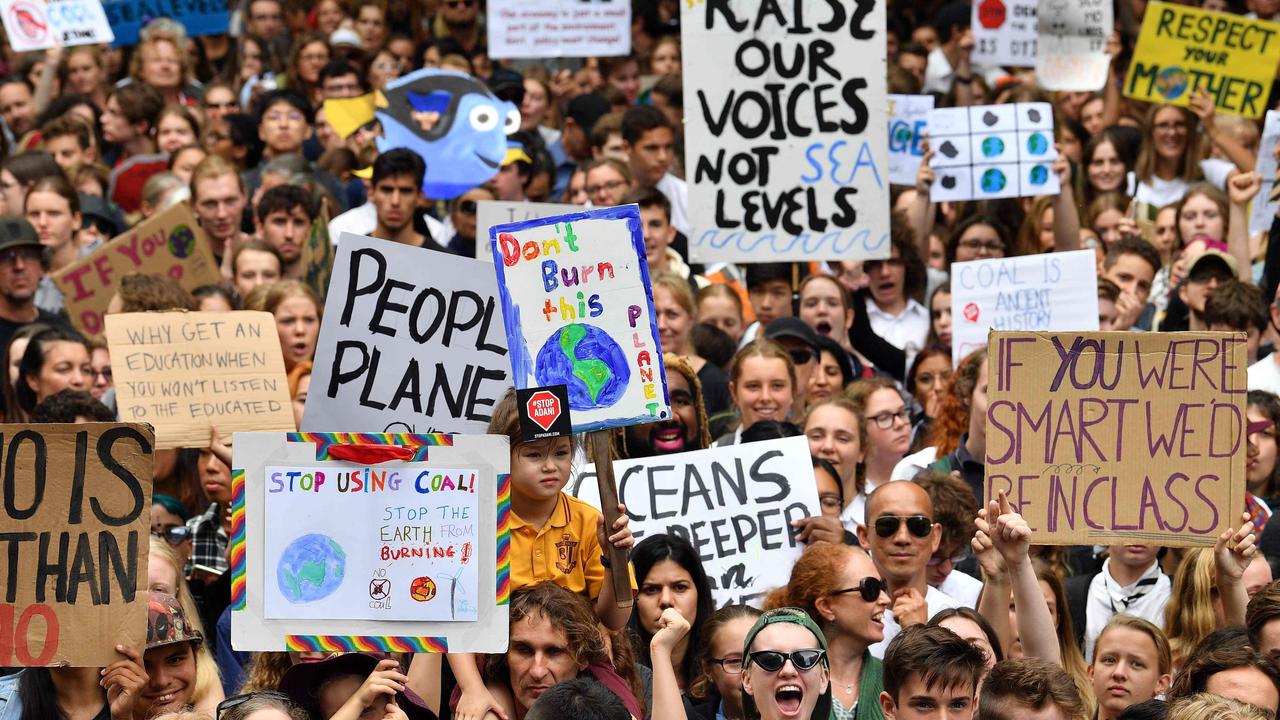
Meanwhile, Melbourne teenager Anjali Sharma, along with seven other Australian school students, are fighting to stop a coal mine from expanding in NSW.
The students have taken federal Environment Minister Sussan Ley to court over the Vickery mine extension project, as she has the power to approve it.
The students believe the minister has a duty of care* to protect young people from climate change and should not approve a mine expansion that would contribute to the climate crisis.
To the students’ excitement, in a landmark judgment* in May 2021, the court found the environment minister does indeed have a duty of care. This ruling might affect future decisions on fossil-fuel projects in Australia.
Anjali, 17, is a finalist in the Children’s Climate Prize, an international prize awarded each year to young people who have made extraordinary efforts for the climate and environment.
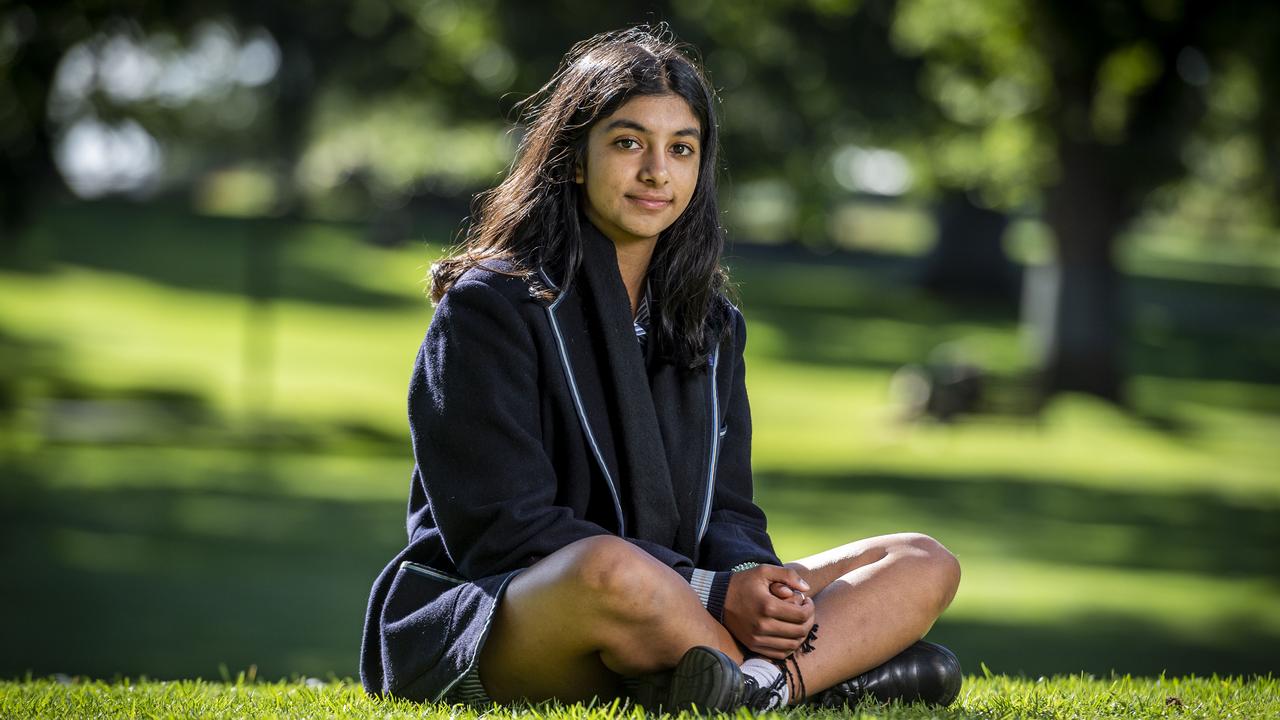
How you can bring about change
Keen on making a difference to climate change but not sure where to start? Here are some ideas to help you get started:
- Write or call your local council members and state and federal politicians, demanding they take action on climate change and support clean, renewable* energy, not fossil fuels.
- Talk to family and friends about climate issues to raise awareness and hear their viewpoints and suggestions on how you can all live more sustainably*.
- Educate yourself – watch films and documentaries; listen to talks and podcasts; and read as much as you can on the topic.
- Join in peaceful rallies in support of the environment (but only if they are held safely, legally and not during lockdowns).
- Research and join a youth climate activist group – there is strength in numbers.
- Reassess your own sustainable* practices. For example, are you remembering environmental basics such as reducing what you buy, recycling and reusing items where possible, and being mindful of how much water and electricity you use?
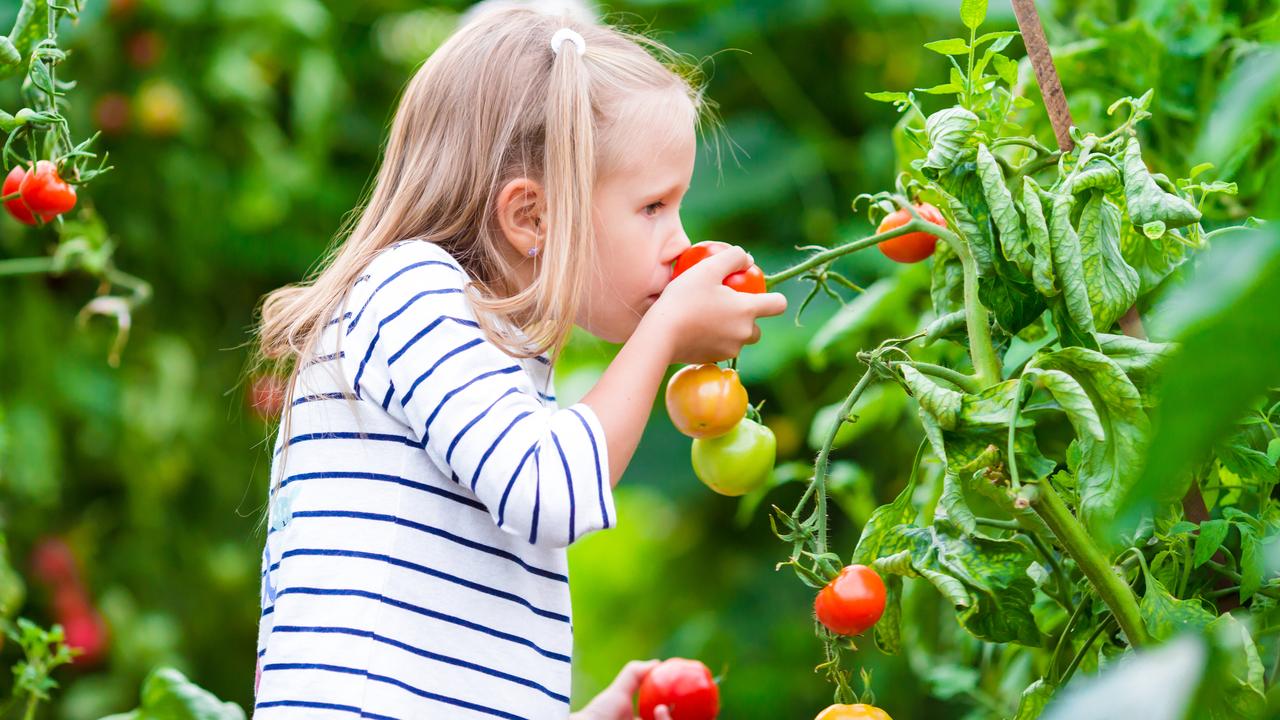
Something to chew on
Many of us eat whatever we want without thinking where the food item has been grown or how far it has travelled to reach our plate. For example, have you ever considered whether that piece of tropical fruit you’re enjoying has been flown in on a plane from an overseas country?
It’s better for the environment if we eat foods that come from as near to us as possible.
This means they have travelled less distance. Trucks and planes use fuel and emit* greenhouse gases that contribute to climate change.
It might not always be realistic but, where possible, try and choose food that is in season and sourced locally.
Check out this digital lunch box activity, by scientists at the CSIRO, to learn more about how to make better food choices: csiro.au/tuckerbox
GLOSSARY
- boffin: a person involved in difficult scientific or technical research or work
- persuade: convince
- vegan food: food that does not come from animals
- outspoken: someone who gives their opinion openly and honestly
- fossil fuel: fuel that is formed underground from plant and animal remains millions of years ago and is dug up and turned into energy when burnt
- greenhouse gases: gases in the Earth’s atmosphere that trap heat. They include carbon dioxide and methane
- duty of care: an obligation to take care of others
- landmark judgment: an important decision made in a court that is used to guide future decisions made by courts
- renewable energy: energy that is produced from sources that will not run out, such as solar and wind
- sustainably/sustainable: in a way that avoids using up natural resources that can’t be replaced
- emit: produce and send out, release, discharge
EXTRA READING
Australia’s climate plans and promises
How to tackle the climate challenge
How to cope with climate worries
QUICK QUIZ
- Where was Greta Thunberg born?
- How old was she when she first learnt about climate change?
- What mass student action did Greta begin?
- What is the name of the Melbourne student who took court action over plans to expand a NSW mine?
- What international prize is the Melbourne student a finalist in?
LISTEN TO THIS STORY
CLASSROOM ACTIVITIES
Refer to the accompanying Climate Change Education Kit classroom workbook with 20 activities. It’s FREE when teachers subscribe to the Kids News newsletter.
